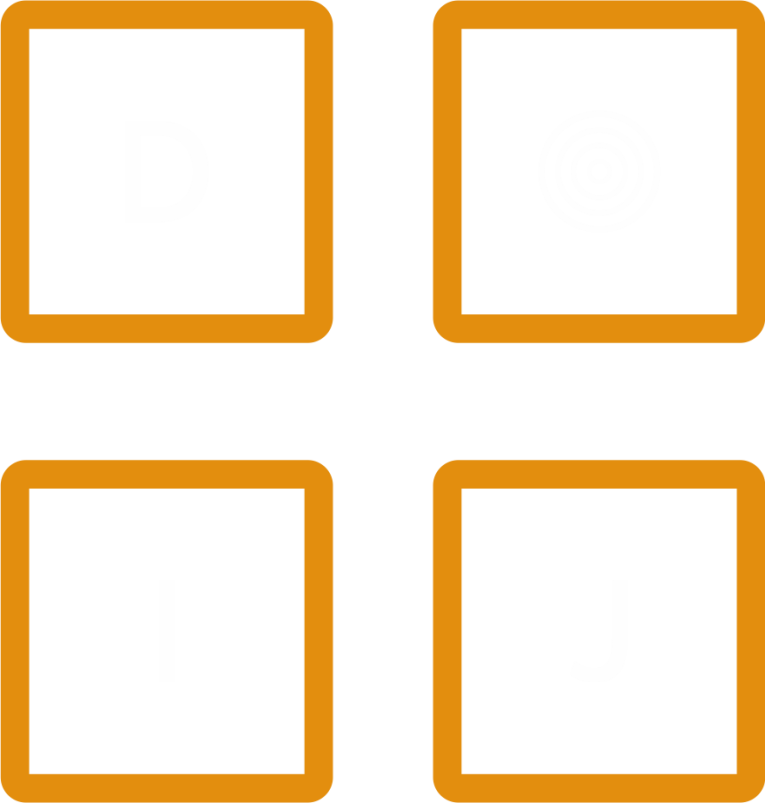How to study legal English
12/04/2022

How to study legal English
Understanding technical terms in a foreign language is always a great challenge. With increasing collaboration between countries in the commercial and economic industries, the exchange of information flows very quickly.
Imagine a Brazilian doctor who has the opportunity to take a specialization course in an English-speaking country. Studying the medical technical terms in English is of paramount importance and may not be easy. The doctor will have to study the meaning of words like “head,” “surgery,” “scalpel,” and other expressions in English. Good dictionaries and reference material is essential. Once the doctor learns these and other key terms in the English language, they are prepared to take medicine lessons in an English speaking country in the world.
Let us now look at the example of a Brazilian lawyer who has the opportunity to take an L.LM. in the United States. Just like the doctor I mentioned in the paragraph above, they will have to study technical language in English, in this case, technical legal language. In addition to all the challenges faced by the doctor in the search for technical language acquisition, the lawyer will face one more obstacle: the fact that, in most cases, there is no absolute equivalence between the legal terms in Portuguese and English. A classic example is the English translation of the term “latrocínio” from Portuguese, since there is not a single word in the English language that conveys this concept. English speakers use an expression to refer to “latrocínio”, which is “robbery aggravated by death”.
Legal professionals, however, must translate words, expressions, and concepts into English, so that English-speaking lawyers understand them correctly. The use of comparative law to approximate concepts between legal systems of different countries is an essential instrument. With the prior knowledge, in this specific case, of the Brazilian legal system, the legal professional should dedicate themselves to get to know at least the basic structure of foreign law, and only then, to begin the process of transferring concepts from one language to another. According to Soares, “comparative law has a reality in the universe of law and science, since it will always be possible to compare the legal systems of different countries with scientific methodology, to establish common and differentiated principles, including even a general theory of legal comparativism (in the manner of a universal grammar of all existing languages). In Comparative Law, what we are aiming at is to make a comparison and, in doing so, to embark on a double task: a) to know each term, individually, in its individuality and specificity, in each specific system and b) of both, distinguish the elements that exist in common and, from the discovery of common values, perform the comparison. Comparative Law should provide value judgments of the type ‘are equivalent,’ ‘produce similar effects, given the same circumstances,’ ‘are comparable, provided that such or such factual elements are not considered,’ judgments that should lead to a final decision which, in essence, would reside in ‘recognizing an institute unknown’ in its effects, in a given legal system.”
I emphatically suggest the use of legal English-Portuguese dictionaries, such as the Dictionary of Law, Economics and Accounting. The author allowed its distribution free of charge, in PDF format. Download it here. I also recommend one of the most respected English-English dictionaries on the market, that is the Black's Law Dictionary (access for free).
Author: Bruna Marchi
Conheça os e-books do Descomplicado: https://www.descomplicandoinglesjuridico.com/e-books.






